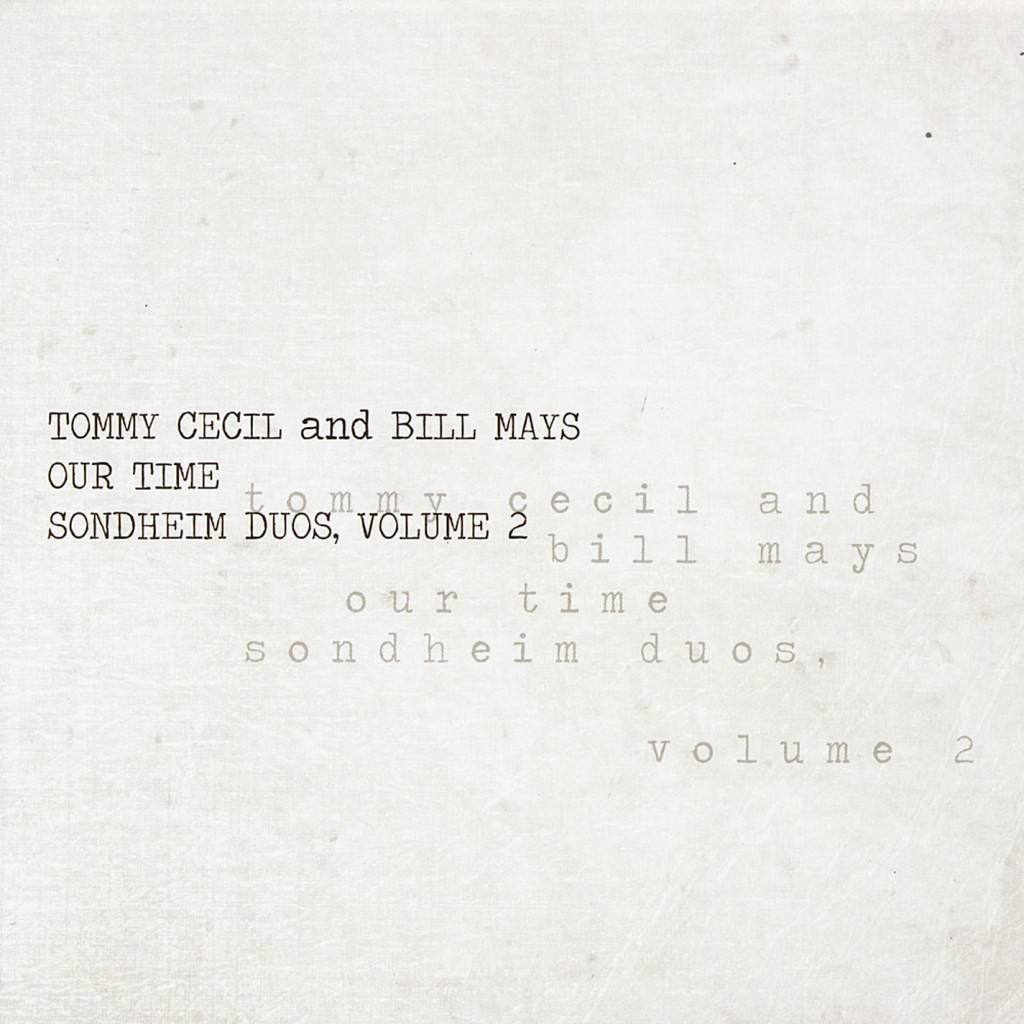By: Vince Lewis
 Tommy Cecil is one of the most in demand bassists in the D.C and Mid Atlantic area. He relocated to Washington, D.C. , leaving his native Baltimore, MD in 1976.
Tommy Cecil is one of the most in demand bassists in the D.C and Mid Atlantic area. He relocated to Washington, D.C. , leaving his native Baltimore, MD in 1976.
Cecil performed regularly with Charlie Byrd, Buck Hill, John Eaton, Chuck Redd, Robert Redd and all of the top Jazz musicians in the area. He has also appeared with Mose Allison, Tommy Flanagan and several other internationally known artists.
Pianist Bill Mays tours and appears with luminaries such as Phil Woods, Marvin Stamm, Ann Hampton Callaway and Rufus Reid. Greatly influenced by Gospel music as a youth, Mays began his Jazz career began when he left his native California to become a musician with the Navy band in Washington, D.C.
After his time spent at the Navy School of Music, Mays moved back to California and became established as a first call studio player. In 1984 he moved to New York, where he performed with Ron Carter, Eddie Daniels, Clark Terry and many of the top level Jazz artists of the day. He has also become known as a top flight arranger, and contributed to the libraries of the Woody Herman Orchestra, Phil Woods, Morgana King and the Percy Faith Orchestra.
Having personally played the music of Stephen Sondheim in pit orchestras, I have developed a great appreciation for the beauty and complexity of his works. Sondheim has a penchant for adventurous harmonic movement, unexpected melodic lines and exciting and effective shifting rhythm patterns and meter signatures. It takes a very high caliber musician to properly interpret the original intent of any composer, especially one of the most creative writers of our day like Sondheim.
Side By Side opens with a wonderful Samba treatment of “Something’s Coming,” which Sondheim collaborated with Leonard Bernstein on for “West Side Story.” Cecil provides the perfect foundation for Mays’ soaring solo before showing why he is so highly regarded by other musicians for his own improvisational creativity. The interplay that follows between Cecil and Mays trading musical phrases is a joy to listen to.
The plaintive ballad “Not While I’m Around” is up next. Cecil states the melody with a total sensitivity to the lyrics that only an experienced and astute instrumentalist can achieve. His rich and full tone and note selection during his solo gives a beautiful song a totally different life.
Other selections on the first disc include “Broadway Baby,” “Ballad of Sweeney Todd,” “Small World,” “Side by Side” and “Every Day a Little Death,” “Anyone Can Whistle” and “Comedy Tonight.”
The second volume of duets is titled, Our Time. Launching right into the up tempo Latin feel of “Everybody Says Don’t” Cecil and Mays pick up right where they left off at the end of the first of this 2 CD effort. Mays creates his interesting and solid fluid improvisational solo lines with effortless precision. Cecil jumps in and out with his solo voice throughout the track, and the two players have some wonderful moments of unison rhythmic punches along the way as well.
“Johanna” is one of my personal favorite Sondheim ballads. Playing the music of “Sweeney Todd” was one of the more interesting musical experiences of my career. This haunting melody gives Cecil the opportunity to show his excellent bow technique and phrasing ability. The title track “Our Time” is up next. The melodic statement and overall musical interplay between Cecil and Mays is thought provoking and perfectly balanced.
Other selections included here are “Moments In The Woods,” “Finishing The Hat,” “The Miller’s Son,” “Losing My Mind,” “The Best Thing That Has Ever Happened,” “Agony,” “Being Alive” and Rich and Happy.”
Tommy Cecil and Bill Mays have come together on these discs and taken on a tremendous musical challenge. It takes superior skill and ability to properly play many Sondheim works as they are traditionally performed. Fans of Stephen Sondheim and his musicals will find this wonderful collection of his music to be innovative and exciting. When great music can be interpreted in a totally new and exciting way it is quite a special event indeed. Cecil and Mays have definitely accomplished their goal of doing just that.